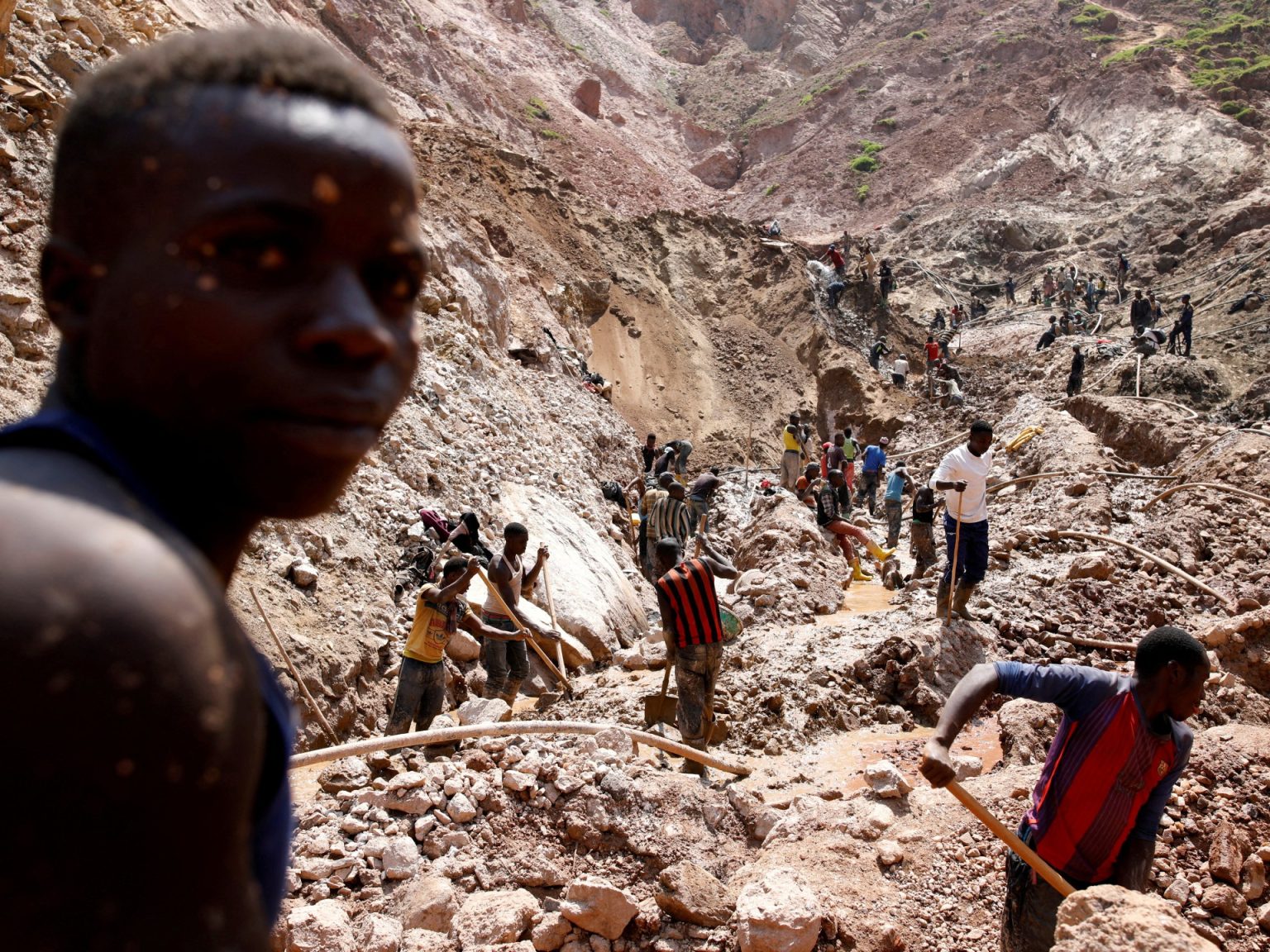The European Union has signed a deal with Rwanda to secure a supply of minerals needed for clean energy technology. However, Rwanda is known to export more minerals than it mines, with vast amounts of coltan and gold being smuggled from the Democratic Republic of the Congo. This illicit trade has been extensively documented by United Nations experts, with the DRC losing billions of dollars annually due to this smuggling. Conflict minerals are known to fuel fighting in the region, and the EU’s deal with Rwanda raises concerns about sourcing minerals connected to armed conflict.
The Democratic Republic of the Congo is rich in precious metals and minerals, including coltan, cobalt, zinc, tin, gold, and diamonds. These minerals are essential for clean energy technologies like solar panels and electric vehicles. However, much of the mining takes place in conflict-ridden eastern provinces, where armed groups are fighting for control over the mineral supply routes. The presence of Rwandan troops in the DRC supporting rebels like M23 has further escalated tensions, with accusations of backing various militias on both sides.
The war in the DRC has displaced millions of people, with armed groups like M23 using massacres and rape as tactics to control mining areas. The country has a system in place, called ITSCI, to ensure conflict-free mineral supply chains. However, NGOs like Global Witness have accused ITSCI of contributing to the laundering of conflict minerals, child labor, trafficking, and smuggling. The tracing system has evident gaps, increasing the risk of the EU sourcing conflict minerals through its deal with Rwanda.
Artisanal miners in the DRC, known as “creuseurs,” often work in dangerous conditions for minimal pay, with armed groups like Wazalendo exploiting them for mineral profits. The mines are controlled by rebel groups, and miners are subjected to harsh conditions, including working without pay for fighters. Global Witness has highlighted the flaws in the ITSCI system, pointing out the high risk of the EU sourcing minerals connected to armed conflict through this deal with Rwanda.
The EU’s deal with Rwanda aims to promote sustainable and responsible mineral production through increased due diligence and traceability. However, critics question the effectiveness of such agreements in ensuring ethical mining practices. The issue gained attention when the DRC government warned Apple about purchasing “blood minerals” from the region, putting pressure on the EU to reconsider its plans. Members of the European Parliament have called for the deal to be scrapped, citing concerns about supporting mineral trade linked to armed conflict and human rights abuses.












